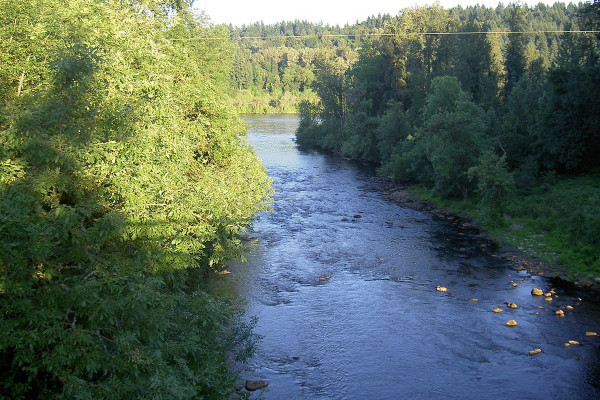The Tualatin River is a tributary of the Willamette River in Oregon in the United States, and provides critical habitat for wild, native fish species, including chinook salmon, steelhead, and coho salmon. The river is about 83 miles (134 km) long, and it drains a fertile farming region called the Tualatin Valley southwest and west of Portland at the northwest corner of the Willamette Valley.
However, the Tualatin River has faced numerous challenges over the years, including habitat degradation, water quality issues, and the introduction of non-native fish species. These factors have led to the decline of native fish populations and the loss of important habitats and ecological functions.
To help revive the wild, native fish populations in the Tualatin River, local initiative efforts include restoring critical habitats and reducing the impacts of non-native species, as well as enhancing water quality and improving fish passage through the removal of barriers, such as dams.
Another important effort is the restoration of wetlands and riparian areas along the Tualatin River. These areas are essential for providing food, shelter, and breeding habitats for native fish species, as well as other wildlife. By working to restore these critical habitats, we can help improve the health of the Tualatin River and support the recovery of native fish populations.

